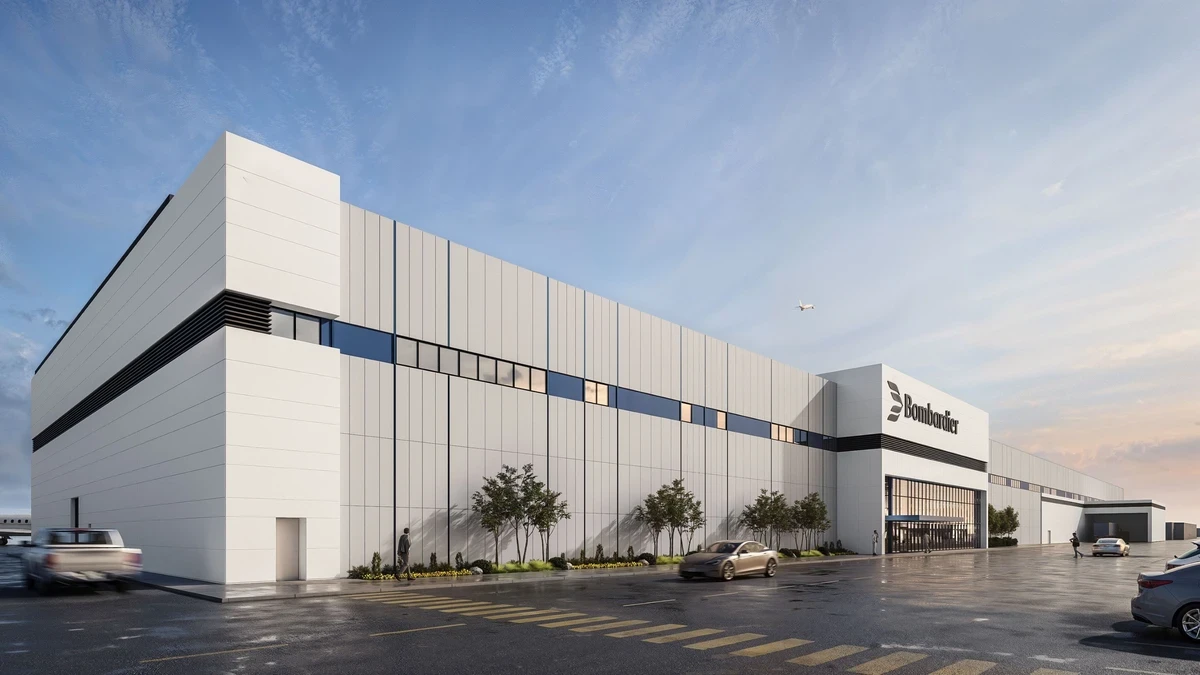New Orleans-based Bisso Towboat Co., a fifth-generation family-owned business that services ocean-going vessels along the Mississippi River, has been purchased by Connecticut-based Moran Towing Corp., the latest of more than half a dozen deals in the south Louisiana maritime industry in the past six months.
Moran, which has a fleet roughly 10 times the size of Bisso’s, will secure a larger share of the Gulf Coast market through the acquisition. It has operated in New Orleans since 2006 and will now be better able to “serve the growing needs of New Orleans and the Lower Mississippi River communities for decades to come,” Moran CEO Ted Tregurtha said.
Bisso has operated for more than a century and the sale highlighted the jump in dealmaking in what has long been a legacy of family-owned businesses operating in this segment of the Louisiana economy. Seven deals have taken place in the local maritime industry since March, including Bisso and Canal Barge, which both sold to larger firms headquartered out of state.
Other transactions have been between in-state companies — like the recent purchase of Houma-based Atlas Marine Services by Baton Rouge-based Loadstar Product Handling Service.
Commercial trucks pass over the Mississippi River as a ship sits mid river on Monday, August 18, 2025 in Baton Rouge, Louisiana.
And in some cases, locally based companies have been the ones doing the buying. In June, Metairie’s Maritime Partners acquired a marine transport company based in Seattle. A month later, Host, which relocated its corporate headquarters from Virginia to Avondale Global Gateway in 2023, purchased a West Coast shipping agency and port operations firm to add to its growing presence at the former shipyard site.
“There is a lot going on in industrial services, and especially in the marine and logistics sectors,” said Gay LeBreton, managing director of Chaffe & Associates, a local investment banking firm that tracks mergers and acquisitions.
While each deal is unique, LeBreton said a couple of common factors are behind much of the recent activity. One is a growing petrochemical sector across south Louisiana, which is fueling interest in maritime transport and logistics companies connected to it.
The other is pent-up demand from investors who held on to their cash in the early months of President Donald Trump’s administration and are now looking for deals.
“There is a lot of dry powder out there,” LeBreton said. “Investment funds that have been held, or not deployed as quickly as they usually are, need to get out in the market.”
Legacy business
Like the Canal Barge sale, the Bisso deal marks the end of an era in a local maritime industry that once was home to global powerhouses like Lykes Bros. Steamship Co., International Shipholding Corp., Transoceanic Shipping and Tidewater.
Since the 1990s, the shipping companies have gradually sold, gone out of business or moved away. Until recently, however, the tug and barge operators that serviced the massive oceangoing vessels were still based in New Orleans.
Canal Barge Co., a 92-year-old family owned company in New Orleans and global leader in inland marine transport, is being sold to a Maryland-based holding company later this year.
Bisso Towboat was among them and is the oldest continuously operating tugboat company on the Mississippi. It was founded in 1890 in New Orleans by Capt. Joseph Bisso, great-great-grandfather of the company’s current president, Scott Slatten. At the time of the sale, the company had a fleet of 10 “tractor tugs,” super-powerful tugboats capable of helping massive ships maneuver on the swift-moving river.
While the sale is the end of local ownership of the company, it doesn’t mean the loss of jobs or towboat activity along the lower Mississippi. Slatten said in a prepared statement that selling his family’s company was the best way to ensure “a continuous investment in the long-term health and growth of the business.”
He did not return calls seeking comment.
Like Bisso, Moran is a family-owned business with roots dating back to the 19th century. It has a fleet of more than 100 barges and towboats that service 17 ports along the East and Gulf Coast and seven liquefied natural gas terminals. It also has an environmental and industrial services division and does marine construction.
Tregurtha said Bisso was a “perfect complement” to the company’s existing operations in New Orleans and “allows us to advance to a far more modern combined fleet in New Orleans more rapidly than just adding one tug at a time.”
New Orleans as a logistics hub
The recent spate of M&A activity in the local maritime sector is part of a larger national trend. In the early months of the Trump administration, deal volume was down due to uncertainty around tariffs, trade and the effects of immigration on the national economy, national reports show.
While it’s still off about 10% compared with last year at this time, LeBreton said local activity is picking up.
“Now that they have passed the Big Beautiful Bill, there is a tax cut coming and a lower effective cost of capital and people are looking at that,” said LeBreton, who predicts deal volume will continue to increase through the first half of 2026. “Our firm has been incredibly busy.”
Deals in the manufacturing and industrial sector, including maritime and energy, are particularly attractive, according to a report by PMCF, a national investment banking firm.
“Across capital-intensive sectors like industrials, oil and gas, and chemicals … buyers are focusing on transactions that offer geographic expansion, product diversification, and cost efficiencies,” the report says.
The Miriam Walmsley Cooper tugboat passes under the Crescent City Connection twin spans as it heads down the Mississippi River while the sun rises on the first day of fall in New Orleans Saturday, Sept. 23, 2023. (Staff Photo by David Grunfeld, The Times-Picayune | NOLA.com)
David DeLaureal, managing partner of private equity firm Carr’s Hill Partners, said New Orleans’ location and transportation infrastructure create fertile ground for growth in industrial subsectors such as maritime logistics, energy services and transportation.
In July, his firm purchased a majority stake in Freedom Intermodal, a local company that provides tank and rail services for bulk liquids customers.
The deal, though different in many respects from the sale of Bisso or Canal Barge, was driven by some of the same factors that made both of the legacy companies attractive targets.
“New Orleans is only one of just two cities in the U.S. that all six Class 1 railroads connect to, with Chicago being the other,” he said. “When you think of that in the context of our existing port activity and the new port activity coming online, there is an opportunity to play a role in critical supply chains.”
LeBreton also sees opportunities in emerging sectors. One of the deals this year that her firm tracked was the acquisition of Gulf Craft, a Franklin shipyard, by Saronic.
The Texas-based startup plans to manufacture autonomous vessels for military and commercial clients at the site, creating hundreds of jobs in the process.
“I think there is an interesting trend to watch in the defense and maritime industries in Louisiana, with transactions like Saronic and some of our traditional companies that are making unmanned vessels and drones,” she said. “I think that is going to change the nature of what our shipyards are doing and reverberate back to our suppliers.”









